|
Interview with Maximiño Manzanares By Jessica Rath When I interviewed MariaElena Jaramillo in February, she told me about the Matachines Dances being revived in El Pueblo de Abiquiú, and later suggested that I get in touch with Maximiño Manzanares if I wanted to learn more. Several other people in Abiquiú mentioned the name – in connection with teaching music and art at the elementary school, for example, or: “what a kind, community-oriented person this is”, I heard. The perfect subject for an interview, I thought, and when Maximiño was kind enough to set aside some time for a conversation, we met at the Abiquiú Inn to talk. They’re the youngest person I’ve interviewed so far – they’re 24 years old. Maximiño uses the pronouns “they” and “them”, and because I strongly believe that everybody has the right to decide this, I will honor their wishes, of course. Maximiño was born and raised in Santa Fe, which is called O’ga P’ogeh Owingeh (White Shell Water Place) in the Tewa language, as I learned. Maximiño comes from an intergenerational line of musicians, including their Dad David Manzanares, their Tío Michael Manzanares, their late Grandpa Herman Manzanares, as well as many more aunts, uncles, cousins, and other relatives.Music, singing, dance, and other artistic endeavors are embedded in their family’s genes and go back many generations. It was a delight to hear stories not only about Maximiño’s childhood, but also about their Tías, Tíos, Abuelos, and Bisabuelos [for our Spanish-challenged readers: Aunts, Uncles, Grandparents, and Great-Grandparents]. “Both my Mom and my Dad have amazing musical backgrounds, and they have immersed me in music my whole life,” Maximiño told me. “On the day I was born, my parents and I were joined by my Tío Michael, my cousin Peter, and all four of my grandparents. My Grandpa Herman brought his guitar, and all of my family who was there sang Las Mañanitas, one of our traditional birthday songs, for me. In my first moments of being earthside, my family sang to me to welcome me to the world. Part of the lyrics translate to: “On the day that you were born, all the flowers bloomed.” Las Mañanitas means “the early mornings”, and it's a song that we sing to honor people on their birthday. So, it was, is, and always will be a deep blessing for me that, on the day that I was born, my family came together to sing me into the world.” What an absolutely delightful story, listening to the music your family performs for you the moment you are born! What a wonderful welcome. But there is more. Maximiño continued: “When my Momma was pregnant with me, she and my Dad would play music all the time, even with headphones that they would put over her tummy so I could hear more clearly. I was surrounded by music, even before I was born!” The residence of Maximiño’s great-grandparents and grandparents was built in a part of Abiquiú known locally as Los Silvestres. Over the years, it has come to be marked by an adobe wall and a rock retaining wall. I must have passed it thousands of times. That’s where Maximiño’s great-grandparents Maximinio and Rosana S. Manzanares raised their Grandpa Herman’s generation, where their Grandpa Herman and Grandma Ellie raised their Dad’s generation, and where they’re living now with their Mom and Dad. “When I was little, before I started school in Santa Fe, I spent a lot of time with my grandparents and familia as a whole in Abiquiú, and those are deeply cherished times in my life,” Maximiño continued. “In the spring, when the water was flowing through the acequia, my cousins and I would get little paper cups, and we'd catch tadpoles. And then we’d let them go, of course! Or, we’d race sticks down the ditch, or play around the apricot trees that our Grandpa Maximinio planted. There was no limit to our imagination. And there was always music, and so much love, and wonderful stories! All this made us feel so grounded.” After elementary school, Maximiño attended ATC, The Academy for Technology and the Classics, in Santa Fe, and after graduation matriculated into Stanford University in 2018. In September of 2019, after their first year of college, they moved from Santa Fe back to Abiquiú, together with their parents. Then, during Maximiño’s sophomore year, the COVID-19 pandemic globalized, and they took a leave of absence from school to return to Abiquiú and help their parents care for their Grandma Eleanor. “We were with my Grandma Ellie from October of 2020 until she passed away on August 1st of 2022,” Maximiño went on. “We got to spend almost another two years together, and those were some of the most sacred experiences of my life. We shared so many conversations, so many meals, and so many laughs. And she shared so much wisdom from her childhood and her life as a whole, including stories about her parents, her grandfather, and her extended family. She forever forged, strengthened, and cultivated my heart and spirit. It was immensely special for me to get to live together with my Grandma, Mom, and Dad in this way.” During this time, Maximiño and their family quarantined, masked, and practiced other safety protocols that the pandemic has necessitated in order to help keep everybody safe. After their grandmother’s passing, Maximiño started to participate more in the community doings while still continuing to mask and practice other COVID-19 safety protocols. For example, they and their Dad began participating with the choir. The Pueblo de Abiquiú Choir performs during masses for the community, whether for weekly mass, baptisms, weddings, quinceañeras, or funerals and burials. Maximiño’s Grandpa Herman led the choir for over 25 years, and now they and their father continue the tradition. “Actively participating in and leading the choir has constellated us to other musical doings in the Pueblo, including the Las Posadas, Christmas caroling with the youth, events with the Library and Cultural Center, and our Feast Days. Music is such a wonderful way to bring people together. You get to see everybody, you get to connect with the elders and the young ones and all the relatives in between, and you get to take part in feeling the pulse of the community and making memories together.” I was curious: what’s Maximiño’s major at Stanford? What are they studying? “I have a bit more than one full year left of school,” I learned. “I started in 2018, but because of personal and family circumstances, I've taken multiple leaves of absence. I've had a very non-traditional path through college, and it's been so beautiful because I’m getting this parallel experience of schooling in California alongside the education from my family, my community, and the land here. They all coalesce in an amazing manner. I intend to go back to school as soon as possible, complete my remaining coursework, graduate, and then return to Abiquiú.” “My major is in a program called CSRE, which stands for Comparative Studies in Race and Ethnicity”, Maximiño explained. “CSRE majors get to choose one of many different concentrations, and mine is called IDA, which stands for Identity, Diversity, and Aesthetics. The IDA concentration focuses (through the lens of Critical Race and Ethnic Studies) on the ways that diverse racial and ethnic communities utilize various forms of artmaking and storytelling to perpetuate their cultures and to struggle for liberation of all people and the Earth.” “It has been an immense privilege to get to learn about and participate in the various doings and lifeways in El Pueblo de Abiquiú. All of my tías and tíos, all my primas and primos, and of course my Dad, have been so generous and gracious to share their knowledge, teachings, and understandings with me. For example, mi querido Mano Dexter Trujillo has been teaching me the songs that are done for our feast days. I am also learning more about the songs and prayers that we do when our elders and other dear community members pass away. I am forever grateful to every relative from the Pueblo for their teachings and their love. To be entrusted with these ways and with the responsibility of helping pass them on is such an honor.” Yes, I understand the appeal. Those traditions can easily get lost. Next, Maximiño told me about another project. “My Tía Victoria Garcia, who is the principal of Abiquiú Elementary, invited me to be a contracted Music and Art Teacher at the school. I enthusiastically accepted, and, between March and May of this year, I had the blessing and honor of teaching a little over 70 students from kindergarten to sixth grade. It felt especially cosmic because so many of my ancestors were teachers. My great-grandfather Maximinio, who I'm named after, was a teacher here in Abiquiú and Barranco. My grandmother's mom, Cordelia Laumbach Maés, was a teacher. My Tío Benigno “Bennie” Manzanares was a teacher. My Tía Patricia Manzanares-Gonzales was a teacher, professor, and administrator. They were all school teachers, yet, as my Grandpa Herman would say, ‘Everybody can be your teacher!” Such wise words were common in Maximiño’s family, and they shared more quotes that were passed on through generations. “My Mom has said: ‘It is not in the perfect moments we grow, but in the imperfect ones.’ My Dad has said: ‘Poco a poco, se anda lejos’ (Little by little, one goes far) and ‘We must live with respect, humility, consideration, and love’. My Grandma Ellie would tell my Dad: ‘If you can dream it, you can be it!’ And my Grandpa Herman told me, ‘If you want to be somebody special, be yourself!’ So, the wisdom that my parents and grandparents have shared with me has strengthened my roots, so that no matter where I go, I can be true to myself, true to where I’m from, and I can strive to move forward in my life with the utmost love for all of my present relationships; with the utmost respect for my ancestors; and with the utmost love and devotion for all future generations. In the words of James Baldwin: ‘The children are always ours, every single one of them, all over the globe.’ We are responsible for all of them, including and especially those who we will not physically meet during our lifetimes.” I was so impressed with the way Maximiño acknowledged the guidance and support they received from their family. And not only accepted it but internalized it, made it their own to pass it on to others and future generations. And then I learned from Maximiño one of the stories of where this sensibility came from: “There's a story that my Dad has told me with regard to people’s ‘dones’ [gifts], and it’s about wisdom from the late Teresita Naranjo, an elder and incredible potter from Santa Clara Pueblo and a dear friend of my grandparents. One time Ms. Naranjo was over at my grandparents’ home when my Dad was about 14, and my Grandfather asked my Dad to play the guitar for her. So my Dad played for her, and she listened to him, and when my Dad finished his song, Ms. Naranjo said: ‘You have a gift, and that gift is not just yours. That gift belongs to your parents, and me, and the community, and the whole world. The Creator has entrusted you with this gift, and your responsibility is to make it the best that you can, so you can then share it and give it back to the world.’ My Dad and my Mom have raised me in that same way and spirit. All of the things that fill my heart, like music and dance and my family and our community and our culture, they are not just for me or for any one person. The gifts themselves are not solely ours, but, as I learned from my Dad’s story about Ms. Naranjo, what is ours is the responsibility to make them the best we can so we can share them back with the world respectfully, generously, and wholeheartedly.” Maximiño shared another great story with me. “Back in 2018, during my first year of college, I got to be a part of an a cappella group on campus called Stanford Talisman. They were founded on campus in 1990 with the intention of sharing music with compelling stories from around the world. A lot of their original repertoire is comprised of struggle songs from the anti-apartheid movement in South Africa. So the origin of Talisman is rooted in struggles for Black Liberation, and over the past 35 years, the group has come to include music from all over the world. By the time I joined the group, a little before their 30th anniversary, we got to learn songs from Hawai’i, a song from Nicaragua, multiple Black American songs, and songs from India.” “Every year, Stanford Talisman goes on a tour for spring break,” Maximiño continued, “and for my freshman year, we went to India! So here I am, 18 years old, the first time I ever really traveled internationally… I remember being in awe when we were in Udaipur because its biome and climate are so similar to that of Abqiuiú. Even some of the homes in Udaipur reminded me of the adobe homes here. It was such a cosmic experience.” 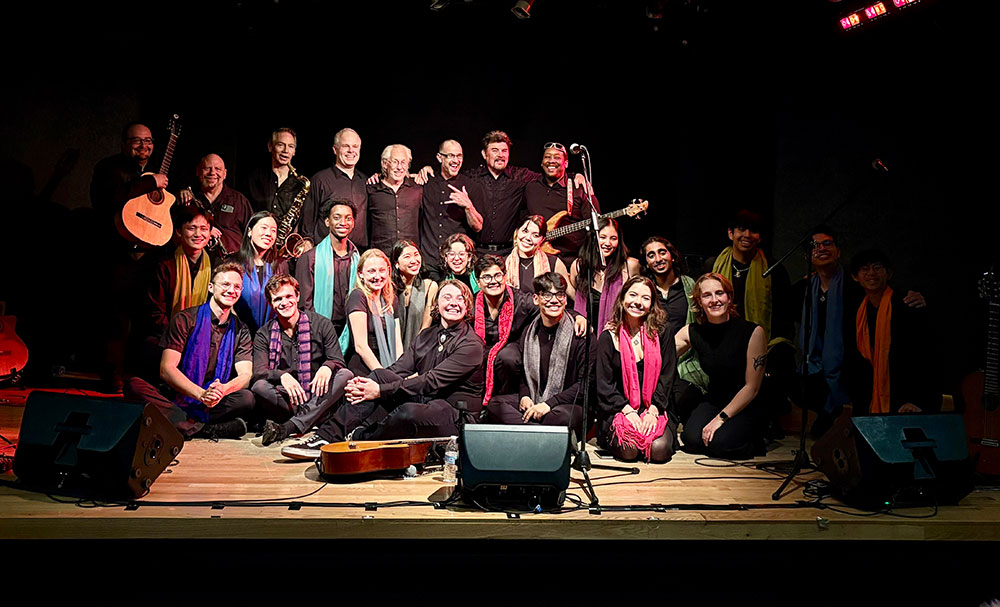 ¡Cosntelaciones! An evening of stories through song in O’ga P’ogeh. Back row from right to left: Michael Burt, David Manzanares, Michael Manzanares, Mark Clark, Andy Kingston, Kanoa Kaluhiwa, Chief Sánchez, and Rubén Domínguez. Middle and front rows include Maximiño and members from Stanford Talisman 2024-2025. Image credit: Manzanares Family Archives “Then flash forward to this year, and one of my dear friends and fellow alum from the group reached out and let me know that the current group was going to come to New Mexico for their tour this year. So my family and I helped them coordinate their lodging and their itinerary. They stayed and performed in Santa Fe and Ghost Ranch. They also did an assembly at the elementary school in Abiquiú and shared some music in the Pueblo –– to me, it felt that everything came full circle. This coalescence of my upbringing, my family, my time at Stanford, my time with Talisman, and my time in the Pueblo, they all coalesced and got woven together.” Maximiño is such a good storyteller, I could have listened to them for hours. Here is another one: “I mentioned earlier that my Grandma Ellie would tell my Dad, ‘If you can dream it, you can be it!’ From my Grandma’s saying, my Dad and Mom co-created and co-cultivated the idea of dreamseeds.” “Just like we have seeds that we plant in the garden,” Maximiño continued, “so, too, do we have the seeds of our dreams that we can plant out into the world, and they each need their own tending in order to grow and ultimately come true. Of my dreamseeds, I have two in particular that I would like to share right now––one for El Pueblo de Abiquiú, and the other for the world as a whole. My dreamseed for the Pueblo is that our people, both individually and collectively, will do everything we can to learn as much as we can about who we are, about our truths, and about where we come from. It's from these truths that we can have a strong foundation and be the best relatives that we can be, not only to one another in the Pueblo but also to all our relatives in the greater Abiquiú community, and all of our relatives in the whole world!” What Maximiño next told me made me happy. Maybe there is hope, after all. “My family and I are vehemently against all forms of oppression. I'm thinking of our relatives in Palestine and in the Democratic Republic of Congo and in Sudan, and of all the people who are facing colonization and ethnic cleansing and genocide… So my dreamseed for the whole world is the liberation of all colonized and oppressed peoples and for me to do everything that I possibly can to help realize this collective dream.” “My Grandfather would say (and my Dad continues to say) that every day we give thanks for the Breath of Life. I want to become so fiercely intentional such that I live and act each day knowing that every breath I take is not just mine. With every breath that we’re given, may we all come to understand the next right things to do, and may we then do them, even when they are scary, uncomfortable, or new. “May I become more grounded in my body. What is my whole body feeling? What is it receiving? What is it giving, and how does it fit into this beautiful, intricate, infinite multiversal web that we're all a part of?” Important questions indeed, worthy of contemplation, and somehow surprising to come from a young person. More wisdom and less Ego – that’s what I usually expect from older people, and often I’m disappointed. To meet somebody who isn’t preoccupied with their own success, who doesn’t dream of becoming famous but of serving their community – this doesn’t happen all that often. And yet, I’m not surprised to find such a person in Abiquiú, which has plenty of unconventional, community-oriented people.
We will continue this conversation at a future time; I’d like to learn more about the traditional Matachine dances, and Maximiño will consult with the elders who have made their revival in Abiquiú possible about what can be shared, as well as the most respectful and considerate way to share these stories. And I definitely want to hear more stories from Maximiño’s abuelitos. It was such a pleasure to listen. I know you have many commitments, Maximiño, and I’m grateful for the time you gave me. May all the flowers keep blooming for you!
16 Comments
Teresa
6/8/2025 07:58:02 pm
Maximiño is one of the most amazing humans I know. So glad to see their story posted here, and that of their family!
Reply
Jessica Rath
6/12/2025 02:47:43 pm
I couldn't agree more, Teresa. Although I know Maximiño for a short time only, they left a deep and lasting impression.
Reply
6/10/2025 06:57:53 am
Fabulous artical thank you for interviewing Maximiño! Incredible human being , incredible family! Blessed to know and love Maximiño, David and Andie! Always learning from their huge hearts.
Reply
Jessica Rath
6/12/2025 02:50:12 pm
Thank you, Tina, "huge heart" was exactly what I felt. Sorely needed these times.
Reply
6/10/2025 07:08:09 am
Keep radiating Maximiño! The work you do and the way you impact your community and the world beyond is nothing sort of extraordinary! We can’t wait to see what’s next!
Reply
Jessica Rath
6/12/2025 02:52:11 pm
You must be so proud of Maximiño. And yes, one can have "Great Expectations"!
Reply
Narrie Toole
6/10/2025 09:48:08 am
Beautiful and inspiring. Thank you!
Reply
Jessica Rath
6/12/2025 02:53:27 pm
Thank YOU for your kind comment, Narrie.
Reply
Rudy Miller
6/10/2025 09:12:51 pm
My primo Max and his dad, David and all the Manzanares family, how lucky I was to grow up with them.
Reply
Jessica Rath
6/12/2025 02:55:51 pm
What a nice thing to say, Rudy. I bet you have some lovely memories.
Reply
Ruth Eubanks
6/11/2025 11:39:01 pm
Incredible article! Congrats
Reply
Jessica Rath
6/12/2025 02:56:27 pm
Glad you liked it, Ruth!
Reply
Kelli Hansford
6/13/2025 08:49:50 am
It brought me immense joy to see Maximino's beautiful heart and kind soul being recognized in such a wonderful way. The article truly captured the essence of who they are. Their grace and positivity serve as a profound inspiration to all who have the privilege of knowing them. They walk through life with such authenticity and kindness, and their unwavering commitment to uplifting those around them fills my heart. Keep being a beacon of light Maximino...in a world that is struggling... but still full of such possibilities because of people like you.
Reply
Jessica Rath
6/18/2025 04:59:22 pm
Thank you, Kelli, I couldn't agree more with your beautiful characterization of Maximiño. Unkind and evil people always make the news, while those with a truly good heart who strive to make the world a better place don't get the attention they deserve. But we all can be grateful they exist.
Reply
Zoe Rath
6/13/2025 09:26:05 am
What a great, interesting article! Maximiño sound like such well rounded - and talented individual. The photos are great too, you really get a sense of the family and music that has surrounded Maximiño since before birth! All the best to them in completing college and continuing their dance and music.
Reply
Jessica Rath
6/18/2025 05:03:12 pm
Yes, Maximiño is indeed very talented. Thank you. Zoë, for sending them your good wishes!
Reply
Your comment will be posted after it is approved.
Leave a Reply. |
Submit your ideas for local feature articles
Profiles Gardening Recipes Observations Birding Essays Hiking AuthorsYou! Archives
September 2025
Categories
All
|
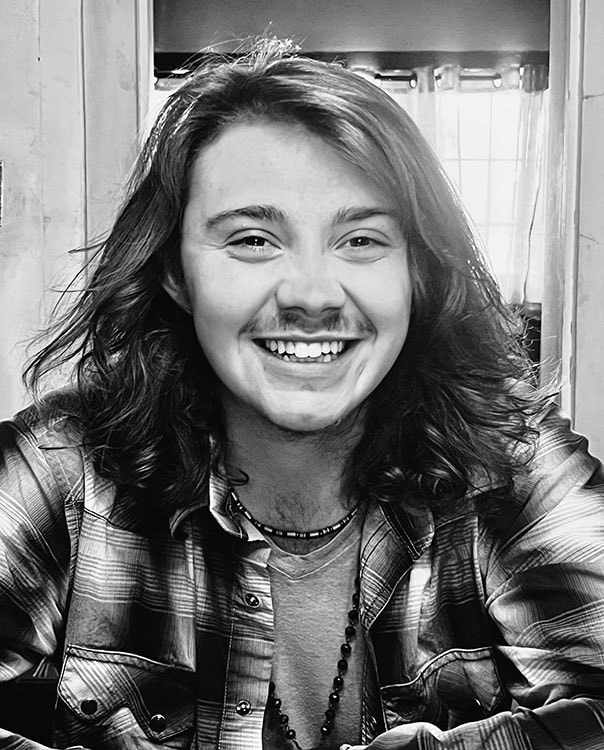
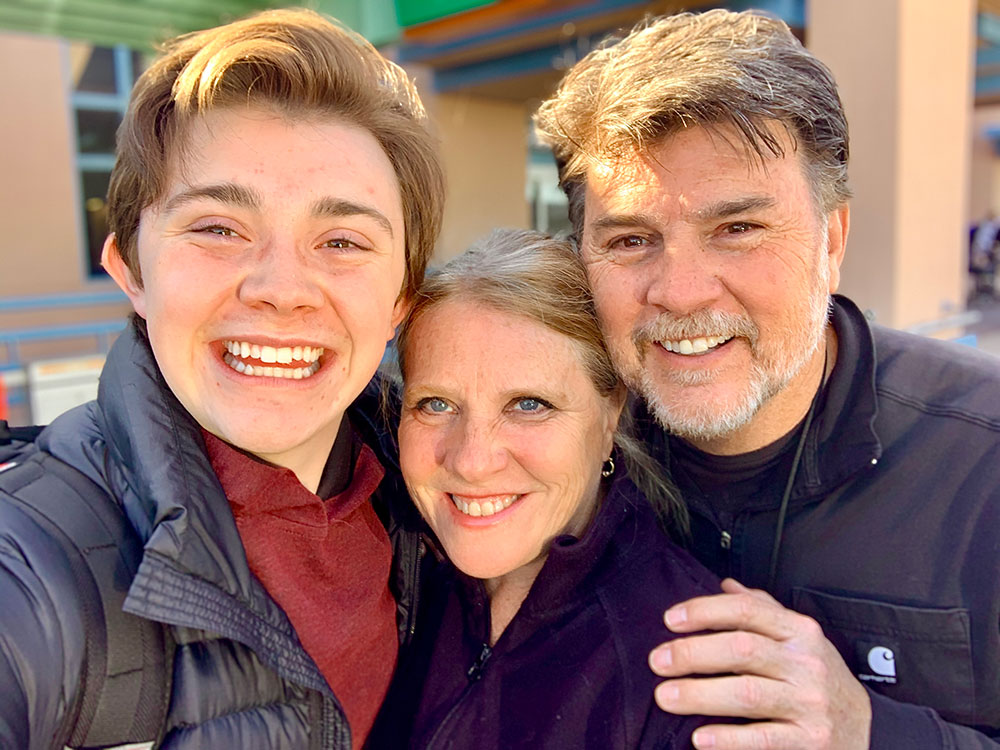
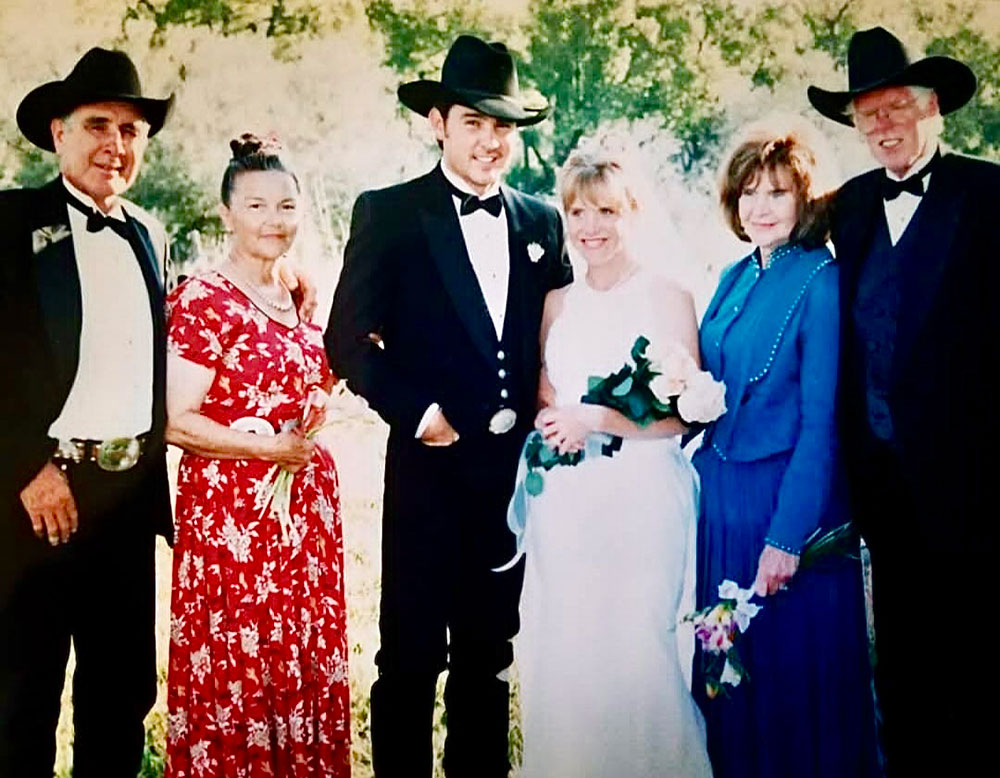
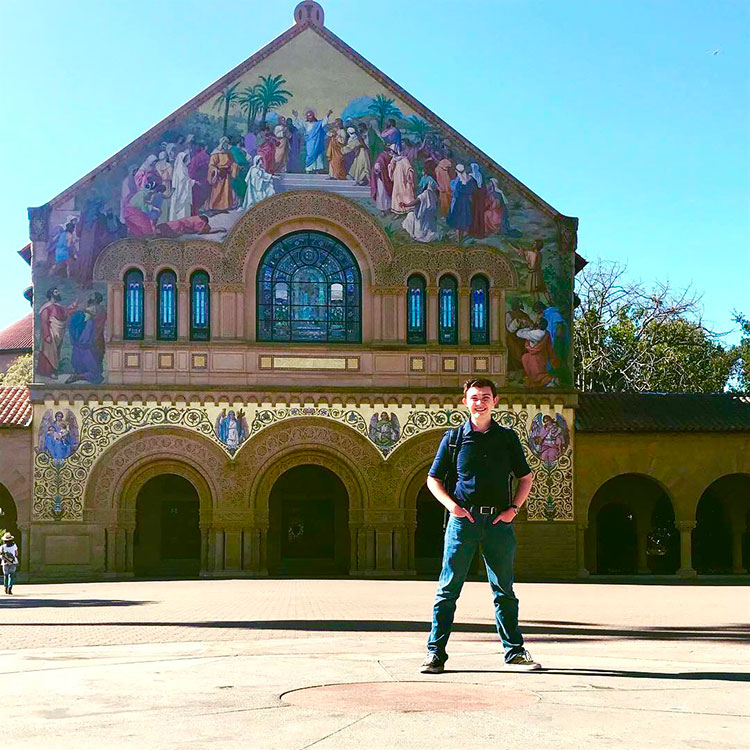
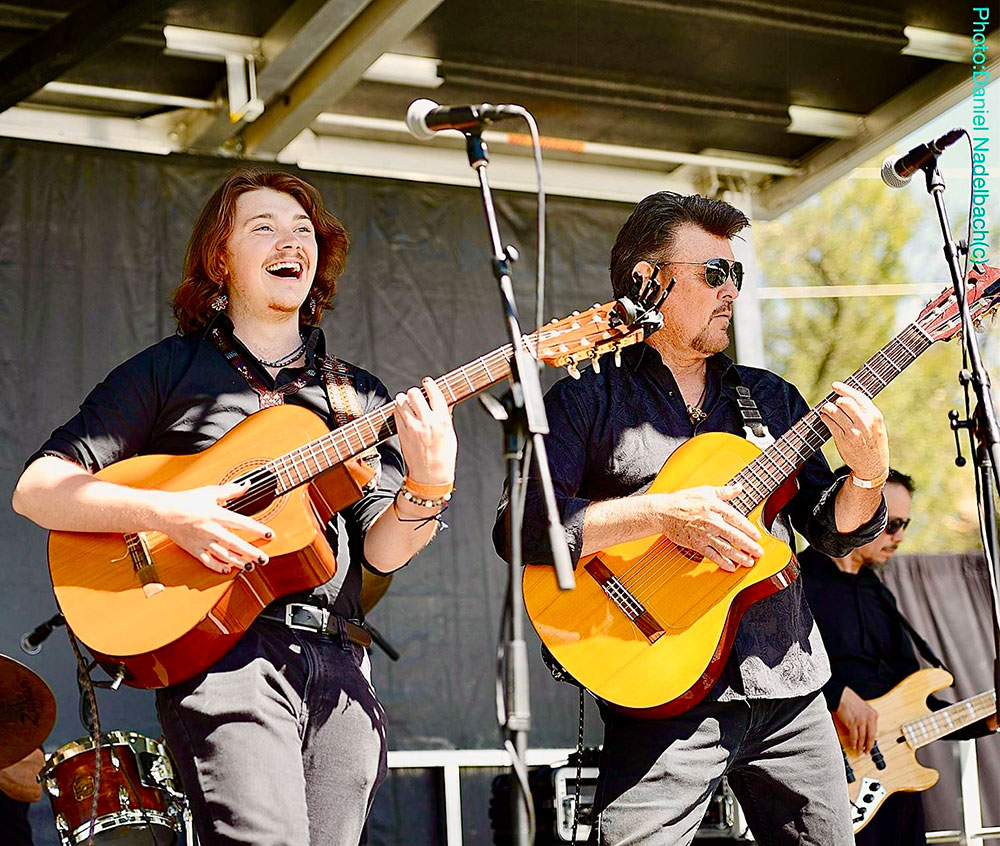
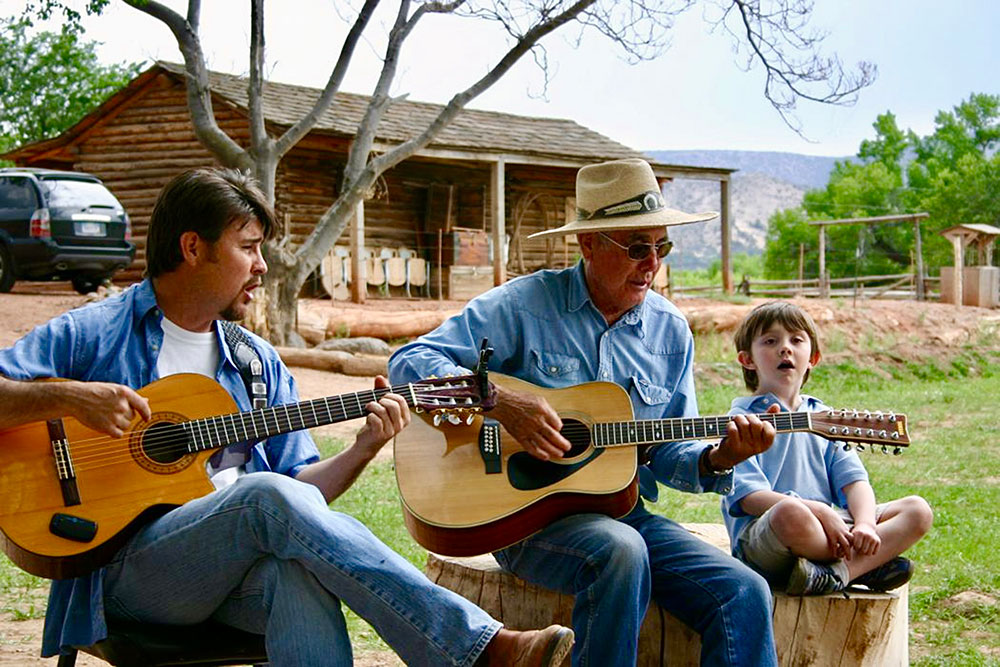
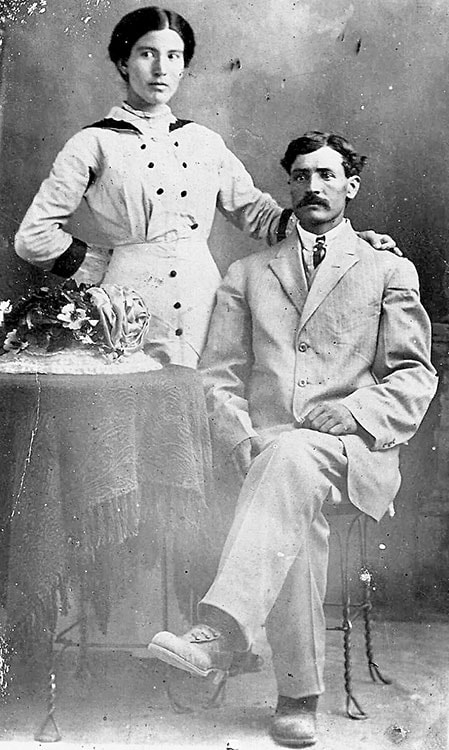
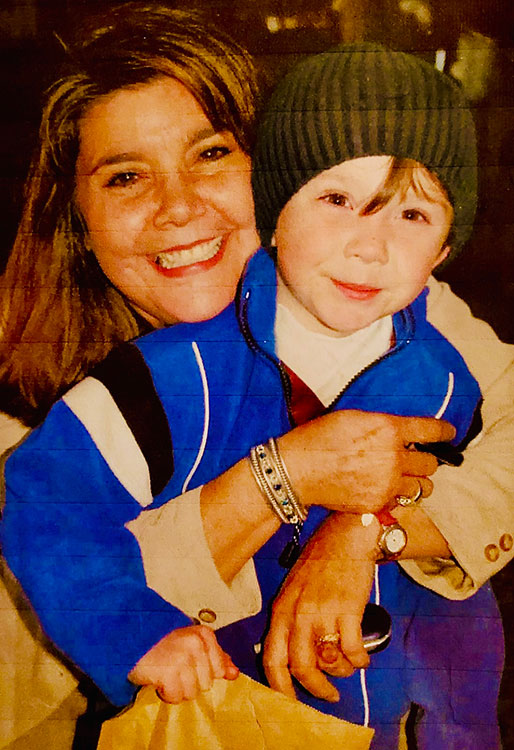
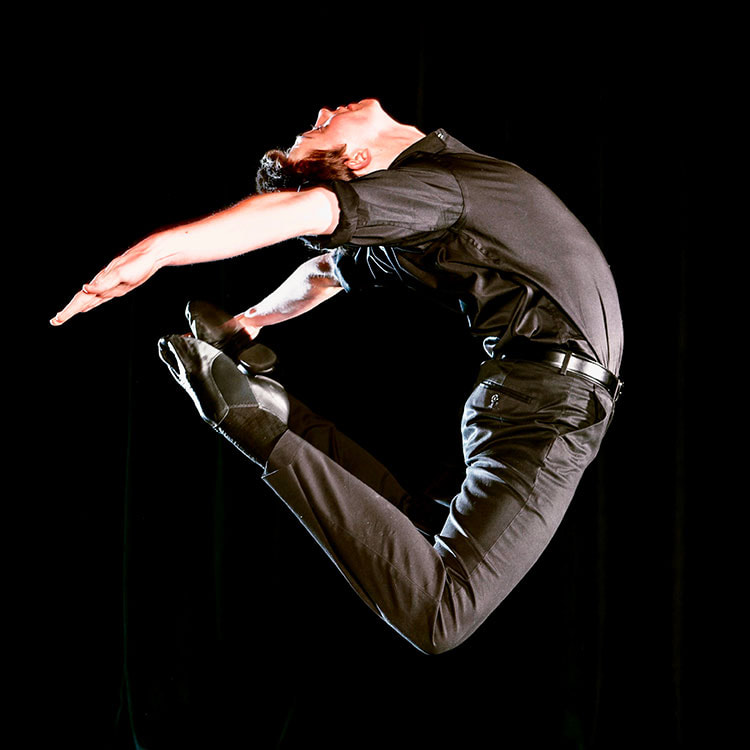
 RSS Feed
RSS Feed